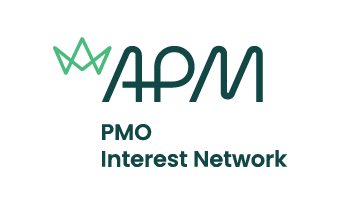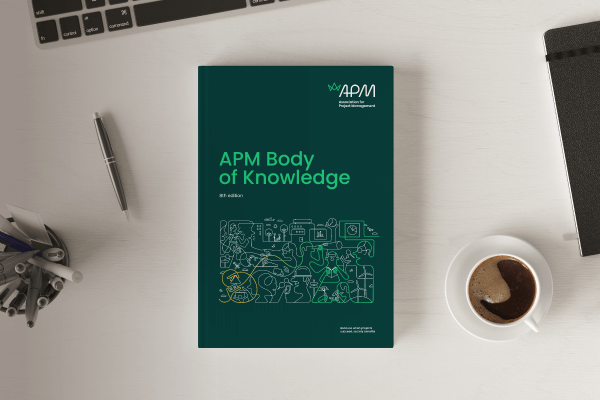
How do individuals find their way to working in a PMO? That is the question Lizabeth Bohler and Mike Hooper sought to answer. Here's what they discovered... read more.
A project, programme or portfolio management office (PMO) is an organisational structure that provides support to projects. The PMO may be a project management office, programme management office or portfolio management office, depending on what is being supported.
Whether projects, programmes or portfolios are being supported, a PMO brings three main benefits to any project-based organisation: deployment support, process improvement and resource flexibility.
Definition from APM Body of Knowledge 7th edition

There are three typical ways that PMOs are organised and funded:

Different types of PMO
Source: APM Body of Knowledge 7th edition
Whether projects, programmes or portfolios are being supported, a PMO brings three main benefits to any project-based organisation: deployment support, process improvement and resource flexibility.
PMOs can provide access to services that might never be justified for a single project, for example:
 APM Learning
APM LearningThe following PMO learning modules are available on APM Learning. This is a member only resource.
This playbook distills key insights, practical strategies and perspectives from industry leaders, it provides project professionals with essential tools to enhance collaboration, set clear priorities, and navigate risks - ensuring success in 2025 and beyond.

How do individuals find their way to working in a PMO? That is the question Lizabeth Bohler and Mike Hooper sought to answer. Here's what they discovered... read more.

The set up of the PMO in the concept stage enables success over the complete life cycle of the project from design to construction and commissioning. ... read more.

The APM PMO Specific Interest Group (SIG) wanted to discover how people get into a career in project, programme or portfolio management offices (PMOs). ... read more.

A virtual PMO isn’t something in the metaverse (though that would be cool). ... read more.
Project (programme or portfolio) management office (PMO). An organisational structure that provides support for projects, programmes and/or portfolios.
The APM PMO Interest Network provide a forum for PMO professionals to meet and discuss matters of mutual importance to to create knowledge to be shared across the PMO community. We welcome membership from across the whole PPM community.

The APM Body of Knowledge 7th edition is a foundational resource providing the concepts, functions and activities that make up professional project management. It reflects the developing profession, recognising project-based working at all levels, and across all sectors for influencers, decision makers, project professionals and their teams.


The APM Learning portal is an online resource which provides members with access to digital guides, modules and other digital learning resources as part of the membership benefit.

Browse our popular project management 'What is ...?' topics for definitions, quick insights, view related case studies, research, blogs and glossary.

Project – APM's official journal – is circulated quarterly for members only, and online for regularly updated news, blogs, opinions and insights for those in the project community.

The APM Community is our online community platform that connects our members faster and easier than ever before.